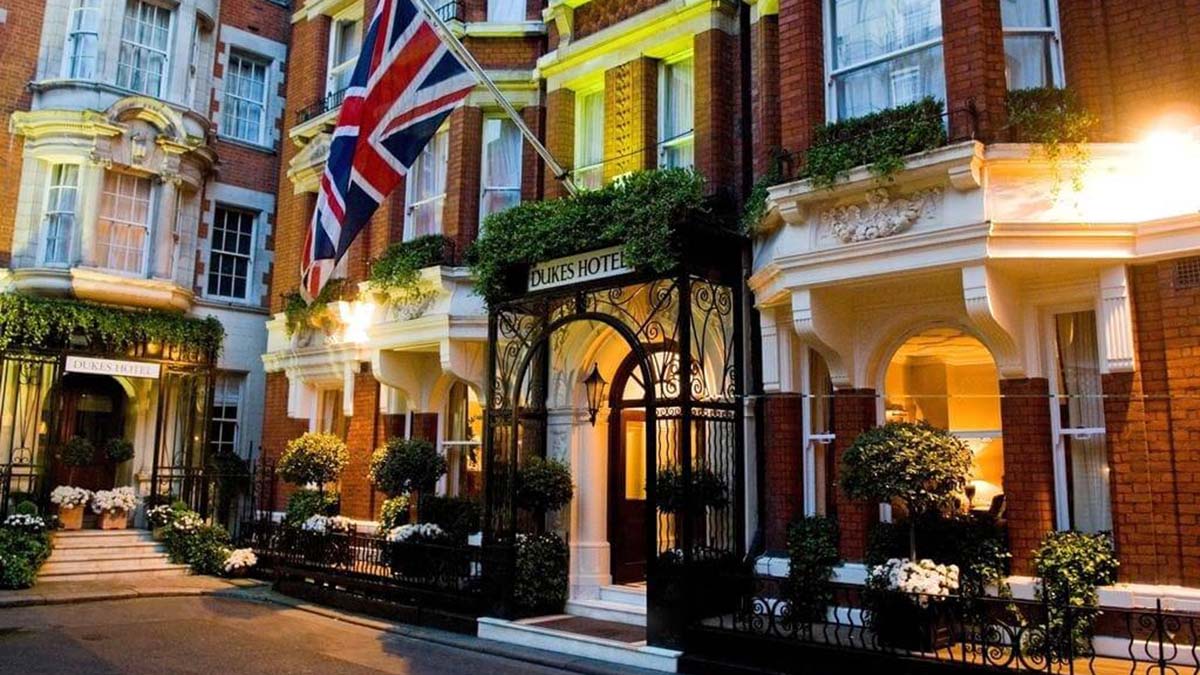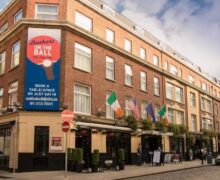UK Hotels Off to a Rough Start for Beginning of 2020

UK hotels are registering a year-over-year drop in profit, which to the dismay of hotel owners and operators, was illustrative of 2019 as well. For full-year 2019, UK hotels recorded a 0.2% decline in GOPPAR over the year prior.
GOPPAR decreased 2.4% YOY in January, as hoteliers in the UK were unable to dispel the profit-per-room contraction trend that dominated most of 2019. The “wait and see” attitude in travelers from Mainland Europe, coupled with the increased competition brought about by the expansion of the hotel room supply in the market, are two of the main factors behind these results.
Occupancy in January remained at 64.8%, exactly the same as the same time a year prior. Hoteliers in the UK managed to command higher rates, though, and average room rate recorded a 1.5% uptick that drove the 1.4% YOY climb in RevPAR. Non-rooms revenue per available room was also slightly up, by 0.5%, mainly due to a 0.3% YOY increment in the F&B department. In all, TRevPAR recorded a 1.1% increase compared to January 2019.
However, labor costs exhibited a higher growth rate than revenue, thus eroding flow through. Led by payroll increases in Rooms (up 3.6% YOY) and F&B (up 3.8% YOY), total labor costs expanded by 2.7%. Overheads, on the other hand, recorded a more moderate increase, by 0.8%, including a 4.5% decrease in utility expenses. As a result, profit conversion in UK hotels was recorded at 24.1% of total revenue, a 0.8-percentage-point drop from the previous year.
Conversely, hoteliers in Newcastle proved themselves as flex masters in January, showing that hotel management goes well beyond revenue generation. Not only did they achieve 18.6% YOY profit per-available-room growth, but they did so despite a sharp contraction in the top-line metrics.
With decreases in both occupancy (down 2.8 percentage points YOY) and average rate (down 1.0% YOY), RevPAR slumped by 5.2% compared to January 2019. Other departments shared in this downward trend. In F&B, revenue per available room was slashed by 10.2% YOY, leading the 8.6% YOY fall in non-rooms revenue. TRevPAR plummeted as a result, placing 6.2% below the previous year.
Nonetheless, Newcastle hoteliers were able to flex costs across all operated and undistributed departments in order to enhance their profitability. Of note, rooms and F&B labor costs were cut YOY by 7.3% and 5.9%, respectively, fueling the 10.4% YOY reduction in total labor costs. Furthermore, an 11.6% reduction in utility expenses contributed to achieving the 11.3% downswing in total overheads. Thus, profit conversion in Newcastle was recorded at 19.7% of total revenue, a 4.2-percentage-point increase from January 2019.
Glasgow has experienced fast-paced growth in hotel room supply over the past years. This heightened competition took a toll on occupancy and average rate, which, combined with increasing expenses, has negatively impacted profitability. Specifically, in January, the Scottish city recorded a 12.5% reduction in profit per available room compared to the same month of the previous year, marking the second consecutive double-digit contraction in this metric.
Occupancy achieved a small increase of 0.3 percentage points YOY in the month, at the expense of a 1.8% YOY slump in average rate. As a consequence, RevPAR placed 1.3% below the same month of the previous year. Nevertheless, hoteliers in Glasgow were able to capture a greater portion of their guests’ expenditures through other departments. Thus, non-rooms revenue climbed by 1.6% YOY, particularly through a 1.8% increase in F&B revenue per available room. This helped compensate the Rooms department’s receding top-line, leading to a narrow 0.2% downtick in TRevPAR.
Even though the change in total revenue was relatively small, expenditures exhibited a greater fluctuation, further eroding profits. Increased payroll in Rooms (up 1.9% YOY) and F&B (up 3.1% YOY) led the 2.5% interannual expansion of total labor costs. Furthermore, overheads also rose by 1.3% YOY. At 10.2%, profit conversion of total revenue in Glasgow was 1.4 percentage points lower than that of January 2019.
source: eTN




